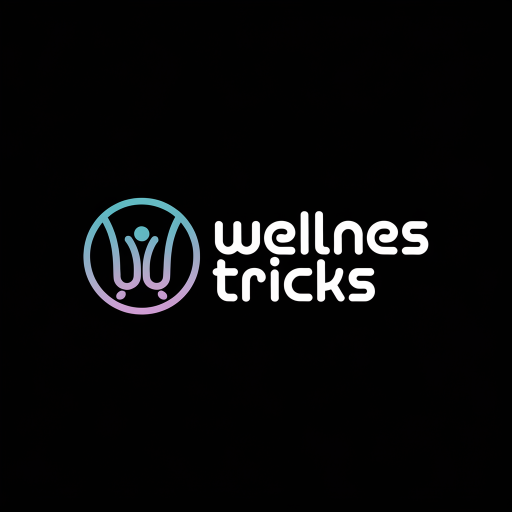What My Body Was Trying to Tell Me (And I Finally Listened)
Your body constantly communicates vital signals about stress, pain, and fatigue, and tuning in can transform your health. Recognizing signs of discomfort allows you to respond proactively, while understanding the connection between emotions and chronic pain enhances your management techniques. Nourishing your body with whole foods aids in recovery, and embracing rest helps heal both mind and muscles. By cultivating a strong mind-body connection, you’ll empower yourself in the healing process. Discover more ways to listen and respond effectively.
Recognizing the Signs
How often do you stop and listen to what your body’s trying to tell you?
Body awareness is essential for recognizing signs of stress, fatigue, or discomfort. By tuning in to your body’s cues, you can identify when something feels off.
Regularly checking in with yourself helps you respond proactively, enhancing your overall well-being and preventing potential issues before they escalate. Additionally, ensuring you get quality sleep directly supports your body’s ability to boost immunity, which is crucial for maintaining optimal health.
Pay attention; your body knows best.
Understanding Chronic Pain
While chronic pain can feel isolating and overwhelming, understanding its nature is crucial for managing it effectively.
It’s not just a physical sensation; it often intertwines with emotional and psychological aspects. Recognizing triggers, learning pain patterns, and acknowledging your body’s signals can empower you.
Connect with healthcare professionals, ask questions, and seek support—this approach fosters a better understanding and can lead to improved well-being.
The Role of Nutrition
Chronic pain often affects your daily life in profound ways, and nutrition can play a significant role in managing this experience.
By prioritizing whole foods, like fruits, vegetables, and lean proteins, you can reduce inflammation and support your overall health. Incorporating natural energy-boosting foods can further enhance your vitality throughout the day. Staying hydrated and limiting processed foods also helps your body heal. Listening to your nutritional needs can empower you to reclaim control over your pain.
Embracing Rest and Recovery
Rest and recovery are essential components of managing chronic pain, especially when your body signals that it’s time to recharge.
Prioritizing rest allows your muscles and mind to heal, reducing stress and inflammation.
Embrace intentional downtime by practicing gentle activities, like stretching or meditation.
Listening to your body helps prevent burnout and fosters a healthier, more balanced lifestyle in the long run.
Cultivating Mind-Body Connection
As you navigate your journey with chronic pain, cultivating a strong mind-body connection can significantly enhance your overall well-being.
Tune into your body’s signals through mindfulness practices, such as meditation or yoga. These techniques help you increase awareness of sensations and emotions, empowering you to respond more effectively to pain. Regular meditation has been shown to enhance brain function and promote emotional resilience, further supporting your healing process.

